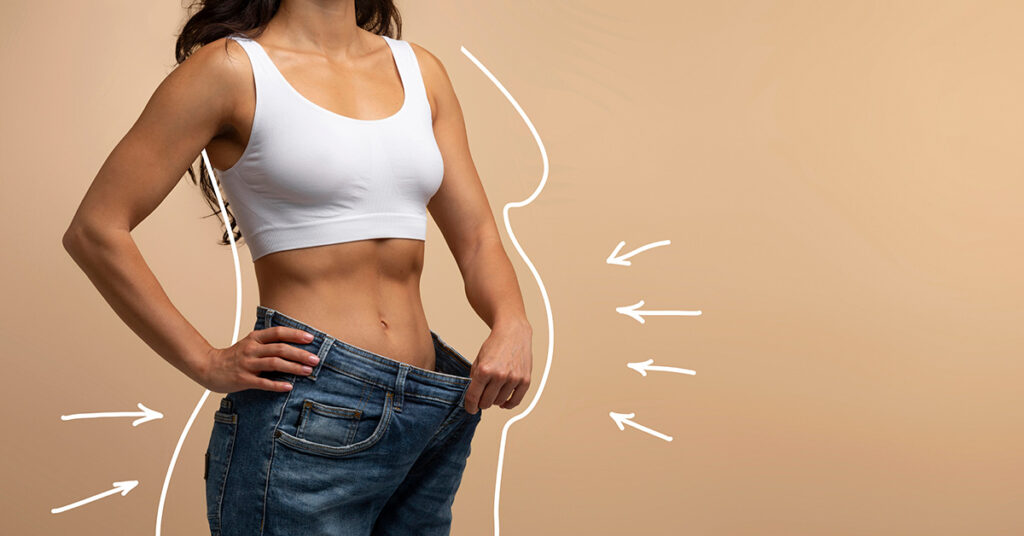
Significant weight loss is a powerful achievement, whether it comes from lifestyle changes, bariatric surgery, or the use of weight-loss medications. However, for many people, the journey doesn’t end when the scale shows a lower number. Rapid or dramatic weight loss often changes the way the body looks and feels, especially the breasts. Because breast tissue is made up largely of fat, it can shrink, sag, or lose firmness when weight decreases substantially. For this reason, breast surgery has become an important option for many patients seeking to complete their transformation.
How Weight Loss Affects the Breasts
When a person loses a significant amount of weight, the breasts may not simply become smaller—they can also lose shape and volume. Common concerns include:
-
Sagging or drooping due to stretched skin
-
Loss of fullness in the upper portion of the breast
-
Flattened or elongated breast shape
-
Asymmetry between the breasts
These changes are natural, but they can leave patients feeling that their body doesn’t reflect the hard work they’ve put into achieving a healthier weight.
Breast Surgery After Weight Loss
Plastic surgery offers several options to restore balance, contour, and confidence after weight loss:
-
Breast lift (mastopexy): Removes excess skin and reshapes the breast for a more youthful, lifted appearance.
-
Breast augmentation: Implants or fat transfer can restore lost volume and enhance the shape of the breast.
-
Breast reduction: For patients whose breasts remain disproportionately large after weight loss, a reduction can improve comfort and proportion.
-
Combination procedures: Many patients benefit from combining a lift with implants, providing both a lifted and fuller result.
The choice depends on each individual’s goals, body type, and the degree of skin elasticity remaining after weight loss.
The Role of Weight-Loss Medications
The rising use of weight-loss medications has also influenced trends in breast surgery. A recent study found that 21% of breast augmentation patients have received weight-loss medication prior to their surgery. This highlights how closely tied weight management and cosmetic surgery have become in helping patients achieve long-term goals. For many, breast procedures are not about vanity—they are about aligning their outer appearance with the healthier lifestyle they’ve already embraced.
Recovery and Results
Recovery after breast surgery varies depending on the type of procedure, but most patients can expect:
-
One to two weeks of limited activity
-
Several weeks of avoiding heavy lifting and strenuous exercise
-
Results that continue to improve as swelling subsides and tissues settle
Patients who undergo breast surgery after weight loss often report high satisfaction, as the procedure helps complete the transformation they worked so hard to achieve.
Is Breast Surgery After Weight Loss Right for You?
If you have experienced significant weight loss and are unhappy with the way your breasts look or feel, a consultation with a board-certified plastic surgeon can help you explore your options. Together, you can create a personalized surgical plan that reflects your goals and ensures a natural, balanced result.
Breast surgery after weight loss is not just about aesthetics—it is about confidence, proportion, and celebrating the body you have worked so hard to achieve.





